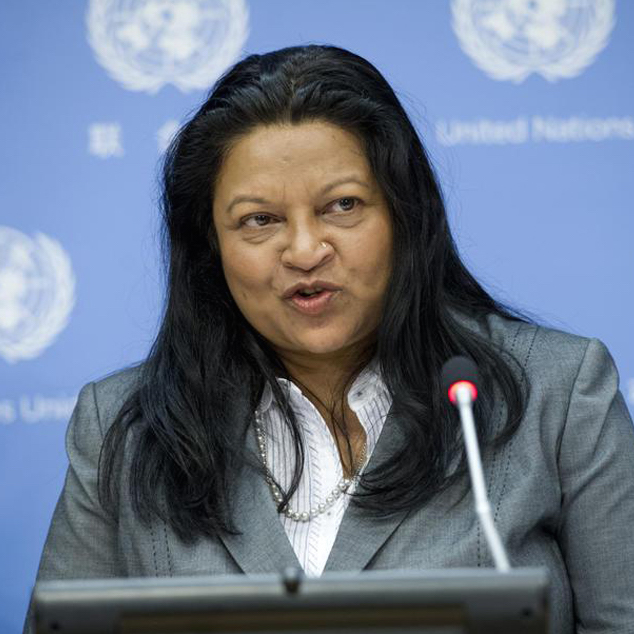Human Rights Council: 35th Session
Item 4: Interactive Dialogue with the Special Rapporteur on Eritrea
Oral Intervention
DefendDefenders (East and Horn of Africa Human Rights Defenders Project)
Delivered by Ms. Helen Kidane
Mr. President,
On behalf of the East and Horn of Africa Human Rights Defenders Project, I would like to thank the Special Rapporteur for her report, in particular with regard to her recommendations to address past and ongoing human rights violations in Eritrea.
One year ago, a Commission of Inquiry presented its finding to the 32nd session of this Council, concluding that there are reasonable grounds to believe that crimes against humanity – the most egregious violations of international law – have been, and continue to be committed under the current regime.
Although we regret the absence of strong action toward establishing accountability mechanisms by international and regional human rights body, the Special Rapporteur continues to fulfil an invaluable role in shining a light on the ongoing human rights violations in Eritrea.
The mandate has been instrumental in monitoring the dire situation in the country and provides a crucial platform to help amplify the voices of victims.
It is also essential in ensuring future accountability for alleged crimes against humanity.
As the Special Rapporteur’s report reflects, there has been no indication that the Eritrean government is willing to take steps to improve its human rights record, ensure justice and redress for victims, or provide clarity on the situation of detained human rights defenders and journalists, many of whom have been held incommunicado for over a decade.
Mr. President, we echo the Special Rapporteur’s observation that “business as usual cannot be an option” while Eritreans continue to suffer, and strongly urge that the mandate be renewed.
I thank you.

